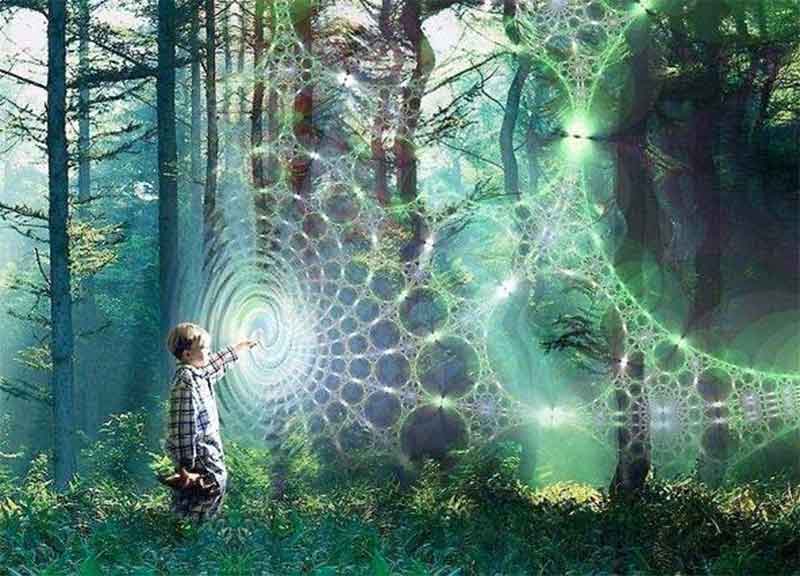
Ambassador Lamberto Zannier of Italy took up the mandate of OSCE High Commissioner on National Minorities on 19 July 2017. Before taking up the position of High Commissioner, Zannier was OSCE Secretary General for two consecutive three-year terms, from 1 July 2011 until 30 June 2017. He spoke online at the “FROM VICTORY DAY TO CORONA DISARRAY: 75 YEARS OF EUROPE’S COLLECTIVE SECURITY AND HUMAN RIGHTS SYSTEM“ conference held at the Vienna Diplomatic Academy on 1 July.
In his speech, the well-known European diplomat highlighted the milestones in the history of the European continent’s security system in recent decades and told how, in his opinion, the European Union, its partners and neighbors to overcome confrontation and other negative moments that have become obvious in recent years.
In the 1980s, the NATO and the Warsaw Pact held negotiations that were considered a good form of dialog between the two enemies. But in the years that followed we have not really moved an inch. We were talking, but we were not communicating.
In late 1980s, in the OSCE there was a new starting point, the Charter of Paris for a New Europe, a new vision of a new Europe for stability.
This was a good point of view for development in terms of the new relationships in a new phase, in the post-Cold War era. We started finding unexpected obstacles. There was an expectation of the transformation of internal borders into international borders of the former Yugoslavia and that the same will happen with the Soviet, but that did not happen. It was very political and generated conflicts in the former Yugoslavia and in Soviet States, in places like Transnistria, Nagorno – Karabakh, South Ossetia etc.
This transformation of borders was not so easy and took place in the context where we started seeing a new kind of complicated relationship. And there was a big debate in NATO: how well does all this mean for the alliance beyond the debate on how to intervene in these conflicts and how we can play a role to stabilize things and help others under the UN of OSCE mandate.
The key point in this debate is how will NATO relate to Russia in the future. In the first half of the 1990s, there were those who were thinking that we need to build a new relationship with Russia as a first step and then we can really to develop relations on the basis of that. But, of course, the agendas did not really match. On the NATO side, the Americans were repositioning themselves on their global agenda as the only remaining superpower projecting stability through the promotion of democratic institutions. And they promoted a rather conservative view of what NATO should be. On the Russian side, there was a big internal debate. Russians still saw NATO as the former enemy, and so they were saying that there was no need for NATO today. But others, especially the leadership, were willing to open a discussion, but the discussion about the future of NATO itself. They were basically saying that they would consider joining NATO, but then NATO would have to change. It would have to turn into a collective security instrument, into something similar to what the OSCE is today. This failed because there was no way to reconcile the two sides. This failure which led to NATOs progressive expansion was seen by Russia as aggressive, as a development that was a threat to Russia. In response, Russia started to establish its own area of influence.
From the last 1990s, the division between Europe and the Russian community has been expanding. The UN Security Council was divided on the Kosovo issue. We managed to pass a decision, but that took quite an effort. Then we had crisis in and around Ukraine and the Crimea. Every step seemed to increase the distance between the sides and to bring more geopolitics on the table.
I attended a security conference in Moscow. Gerasimov showed a map at the conference reflecting the deployment of NATO forces and concluded that Russia was surrounded. They felt threatened, and this was not a stable environment.
Relationship has become increasingly sour. Mechanisms that were established to deal with this have been working less and less. Today we face the situation where we have a lot of potential instability and we lost the tools that would allow us to address these problems.
From the beginning of 2000s we started facing global challenges which kept developing during last 20 years (terrorism, transnational organized crime, climate change, migration crisis, demographic crisis): countries react on them by closing up. We have seen on the migration crisis, EU entered the crisis itself, lack of common policy, lack of solidarity. The pandemic has also led to the real renationalization, closure of boarders, everybody is looking for itself. It’s fully understandable, but global problems need global solutions. It’s very difficult to work on global strategies and sustainable development that we very need today because geopolitical divisions make it impossible. The renationalization of the policy leads to progressive disinvestment of countries on multilateral framework. In OSCE for instance we have a shrinking budget all the time, we need to cut back all the time as a result mainly of the lack of interest of countries to invest in the frameworks like this. We need to stick together, to address challenges that affect us all…
At the end, what we can do? We can create coalitions, involving youth because their great interest is to make things work, we must involve young people in everything we do. Secondly, we must start talking about the need to invest in the effective multilateralism.
Slavisha Batko Milacic – analyst
SIGN UP FOR COUNTERCURRENTS DAILY NEWSLETTER














































